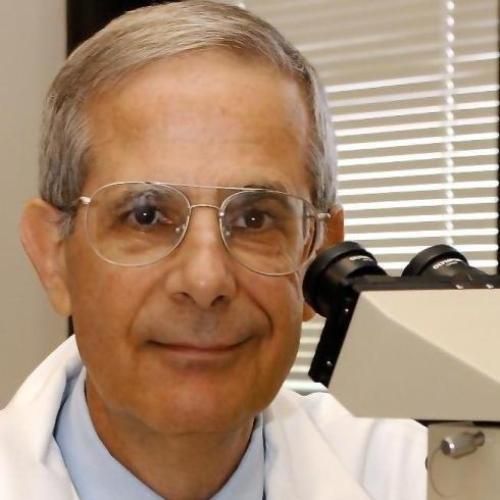Elevated plasma phenylalanine in severe malaria and implications for pathophysiology of neurological complications.
Cerebral malaria is associated with decreased production of nitric oxide and decreased levels of its precursor, l-arginine. Abnormal amino acid metabolism may thus be an important factor in malaria pathogenesis. We sought to determine if other amino acid abnormalities are associated with disease severity in falciparum malaria. Subjects were enrolled in Dar es Salaam, Tanzania (children) (n = 126), and Papua, Indonesia (adults) (n = 156), in two separate studies. Plasma samples were collected from subjects with WHO-defined cerebral malaria (children), all forms of severe malaria (adults), and uncomplicated malaria (children and adults). Healthy children and adults without fever or illness served as controls. Plasma amino acids were measured using reverse-phase high-performance liquid chromatography with fluorescence detection. Several plasma amino acids were significantly lower in the clinical malaria groups than in healthy controls. Despite the differences, phenylalanine was the only amino acid with mean levels outside the normal range (40 to 84 microM) and was markedly elevated in children with cerebral malaria (median [95% confidence interval], 163 [134 to 193] microM; P < 0.0001) and adults with all forms of severe malaria (median [95% confidence interval], 129 [111 to 155] microM; P < 0.0001). In adults who survived severe malaria, phenylalanine levels returned to normal, with clinical improvement (P = 0.0002). Maintenance of plasma phenylalanine homeostasis is disrupted in severe malaria, leading to significant hyperphenylalaninemia. This is likely a result of an acquired abnormality in the function of the liver enzyme phenylalanine hydroxylase. Determination of the mechanism of this abnormality may contribute to the understanding of neurological complications in malaria.
Duke Scholars
Published In
DOI
ISSN
Publication Date
Volume
Issue
Start / End Page
Location
Related Subject Headings
- Tyrosine
- Phenylalanine Hydroxylase
- Phenylalanine
- Microbiology
- Male
- Malaria, Cerebral
- Malaria
- Infant
- Humans
- Female
Citation
Published In
DOI
ISSN
Publication Date
Volume
Issue
Start / End Page
Location
Related Subject Headings
- Tyrosine
- Phenylalanine Hydroxylase
- Phenylalanine
- Microbiology
- Male
- Malaria, Cerebral
- Malaria
- Infant
- Humans
- Female


